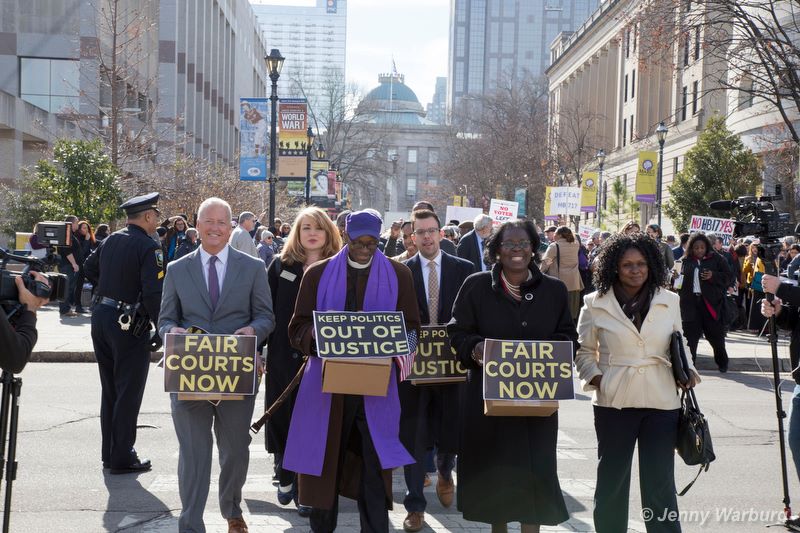Leading with our values: An intersectional approach to money in politics reform
When coalitions are locally-based, they are better able to connect civic engagement with building community power, as residents are able to have a greater influence on the policies that are enacted by their local government. When coalitions are inclusive, they are positioned to engage so-called “unlikely voters” who have historically been marginalized by ...
When coalitions are locally-based, they are better able to connect civic engagement with building community power, as residents are able to have a greater influence on the policies that are enacted by their local government. When coalitions are inclusive, they are positioned to engage so-called “unlikely voters” who have historically been marginalized by the democratic process. By centering local and state-level advocacy efforts on the needs and priorities of underrepresented communities, coalitions are able to expand the electorate and increase civic participation over the long-term. In short, communities are more “bought in,” which makes them more committed to actively supporting the ongoing implementation and defense of policy victories.







